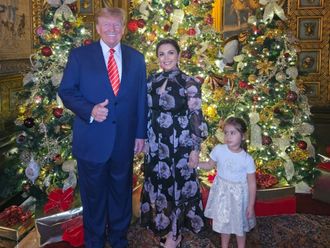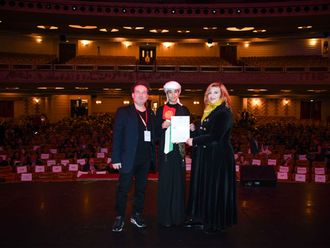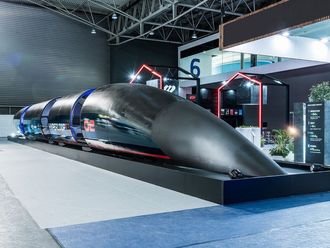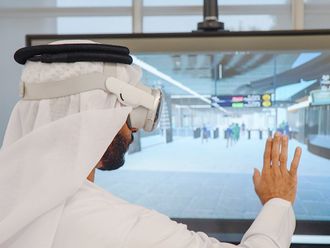The Philippines yesterday bristled at its portrayal in the Western press as a haven for international terrorists with links to Osama bin Laden, the main suspect in last week's terror attacks in the United States.
"The image projected by some quarters that the Philippines is a haven for international terrorists, especially those linked to Osama bin Laden, is inaccurate," said President Gloria Macapagal-Arroyo's spokesman, Rigoberto Tiglao.
He conceded that the Saudi dissident had trained local militants in the 1990s.
Tiglao said intelligence reports indicate that Ramzi Yousef, later convicted in the United States for the 1993 bombing of the World Trade Centre, "has trained a group of Abu Sayyaf members in the preparation and use of explosives."
However, "since the first half of 1990 and particularly since the neutralisation of Yousef's cell in 1995, there have been no reports nor any intelligence information that international terrorist cells, especially those linked to Bin Laden, have been able to use Manila as a base."
The spokesman said Manila had since heightened surveillance and tighter security measures in Philippine ports of entry.
"The false image of the country as a haven for terrorists has however been bolstered by the existence of the Moro Islamic Liberation Front and the Abu Sayyaf," Tiglao said.
Macapagal-Arroyo meanwhile said she was pleased that she succeeded in convincing the opposition to agree to her plan to join the U.S.-led anti terrorism coalition meant to strike against bin Laden in Afghanistan, a senior official said.
But Arroyo has remained mum on what kind of assistance the cash-strapped Philippines will extend to the coalition, said Tiglao, adding: "It is too early to tell if the support entailed the sending of Filipino troops."
"As of now there is a remote possibility in sending combat troops to Afghanistan," said Tiglao, adding Nato forces would be the first to react in such a manner.
But the government is also "not closing its doors" to sending a military force and a medical mission to Afghanistan, Tiglao explained.
In a meeting with reporters after the meeting of the National Security Council (NSC) in Malacanang on Tuesday night, Tiglao said, "The entire National Security Council, including leaders of the minority in Congress, was united in implementing the UN Security Council resolution which called on support for the fight against terrorism."
"The presidential palace succeeded in convincing the opposition to support its policy," said Tiglao, adding, "There was a very admirable expression of solidarity that transcended partisan interests."
"It was a very serious attack to humanity so we have to help the coalition," Tiglao said, adding Arroyo's sentiment was shared by all senators, many of whom were earlier wary about the country's participation in the U.S.-led coalition because of the presence of hundreds of thousands of overseas Filipino workers (OFWs) in many Muslim countries.
Tiglao quoted Senate minority floor leader Aquilino Pimentel Jr as saying the September 11 terrorist attacks were against humanity, not only against the U.S.
"Since we are part of humanity, we are obligated to join the fight against global terrorism," Tiglao quoted Pimentel as saying.
Philippines denies it is a haven for terrorists
The Philippines yesterday bristled at its portrayal in the Western press as a haven for international terrorists with links to Osama bin Laden, the main suspect in last week's terror attacks in the United States.












